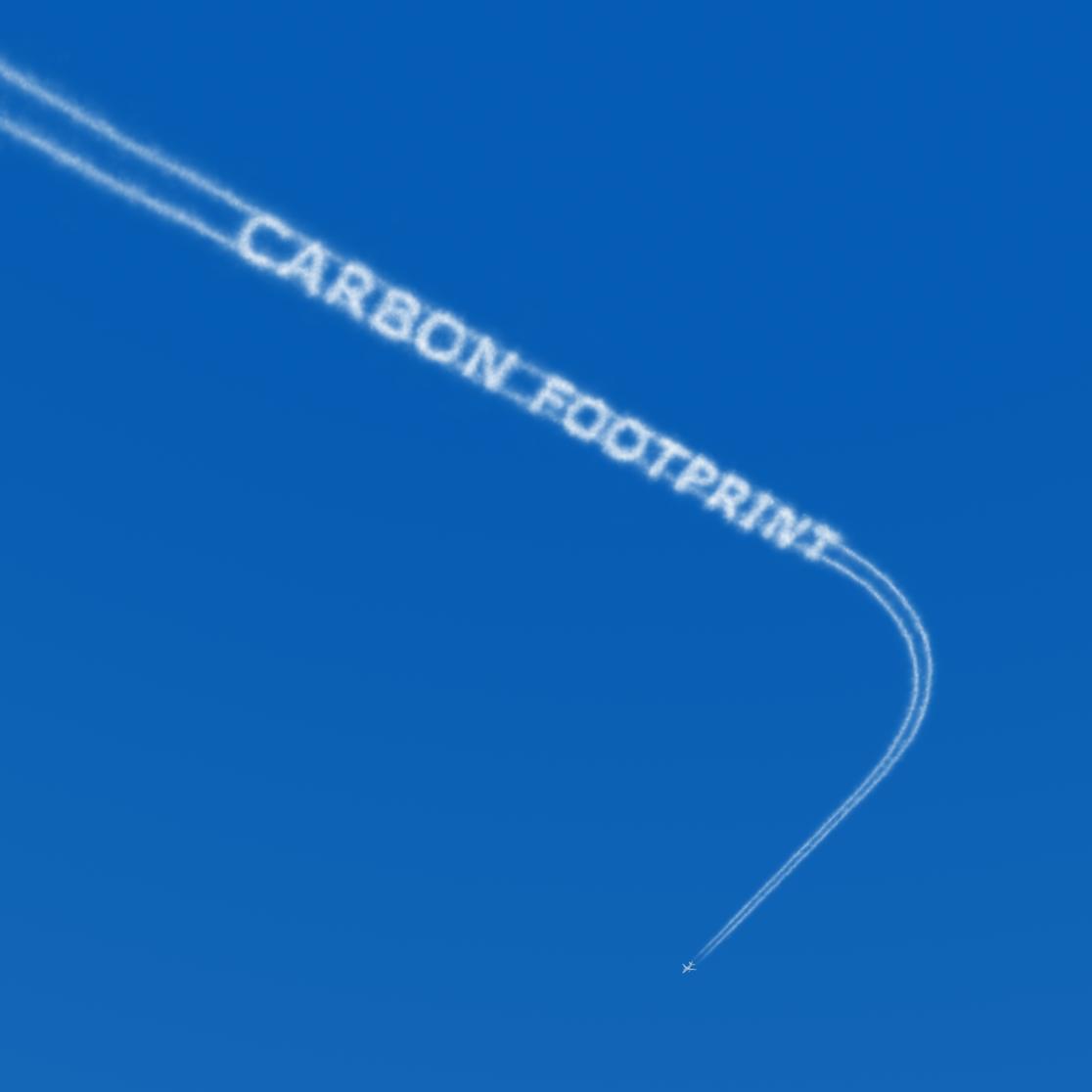Minimising the impact of aviation emissions: what way forward?
While many efforts are being employed in the academic world for developing and evaluating adequate options for greenhouse gas emission reduction, the academic activities themselves are also a source of carbon emissions. Among others, one activity stands out: travelling for academic purposes. Next to considering options for reducing transport emissions, such as the organisation of electronic meetings instead of physical ones, the compensation of carbon emissions caused by aviation (and other forms of transport) is one specific issue to explore and understand. As far as public law regulations insufficiently deal with carbon emissions caused by aviation, the question needs to be answered how the academic world can take up responsibility by reducing and compensating aviation emissions.
This expert workshop has a twofold aim:
- To investigate the state of the art of practice and literature regarding the reduction and compensation of aviation emissions that contribute to global warming. This will take a multidisciplinary perspective, including philosophical, economic and legal perspectives.
- To explore options for establishing offsetting mechanisms within the academic world, particularly in the universities (or university departments and institutes) from which scholars participate to this event.
Organising committee: Prof Marjan Peeters, Dr Caroline Cauffman, Prof Marc Davidson, Prof Liesbeth Lijnzaad (Maastricht University)
PROGRAMME
|
Monday 21 October 2019 (download full programme here) |
|
| 12.00-13.00 | Registration & lunch |
| 13.15-15.45 |
Setting the scene: Greenhouse gas emissions, aviation and offsetting
|
| 16.00-18.45 |
Public law approaches towards reducing and compensating aviation emissions
|
| Tuesday 22 October 2019 (not available to external participants due to the limited capacity of the conference room) | |
| 09.30-12.00 |
Reducing and compensating aviation emissions: challenges and opportunities
|
| 12.00-12.30 | Lunch |
| 12.30-15.00 |
Current approaches and outlook to the future
|

ABSTRACT & BIO
- René Boot
- Marc Davidson
- Caroline Cauffman and Annick van den Eshof
- Mariolina Eliantonio and Annalisa Volpato
- Adelbert Goede
- René Kemp
- Thomas Leclerc
- Miguel Naranjo
- Marjan Peeters
- Paul Peeters
- Yue Taotao
- Steven Truxal
- Romain Weikmans
VENUE
Maastricht University Campus Brussels
Avenue de Tervueren 153
1150 Brussels, Belgium
Tel. +32 2 732 50 76
How to get to the UM Campus Brussels:
- Metro: from the Central station take the purple metro line 1 leading to Stockel (not line 5 to Herrmann-Debroux) and get off at ‘Montgomery’. Take exit ‘Boulevard de Saint-Michel / Avenue de Tervueren 1-171 and then turn right. The UM Campus Brussels will be after 30 meters on your left hand.
- Brussels Airport: take bus 12 or bus 21 that both cover the area between Brussels Airport and the city center. In both cases get off at ‘Diamant’ and take the tram line 23 or 24 both in the direction of ‘Vanderkindere’ or take line 25 in the direction of Boondaal Station. Get off at ‘Montgomery’. Take exit ‘Boulevard de Saint-Michel / Avenue de Tervueren 1-171 and then turn right. The UM Campus Brussels will be after 30 meters on your left hand.